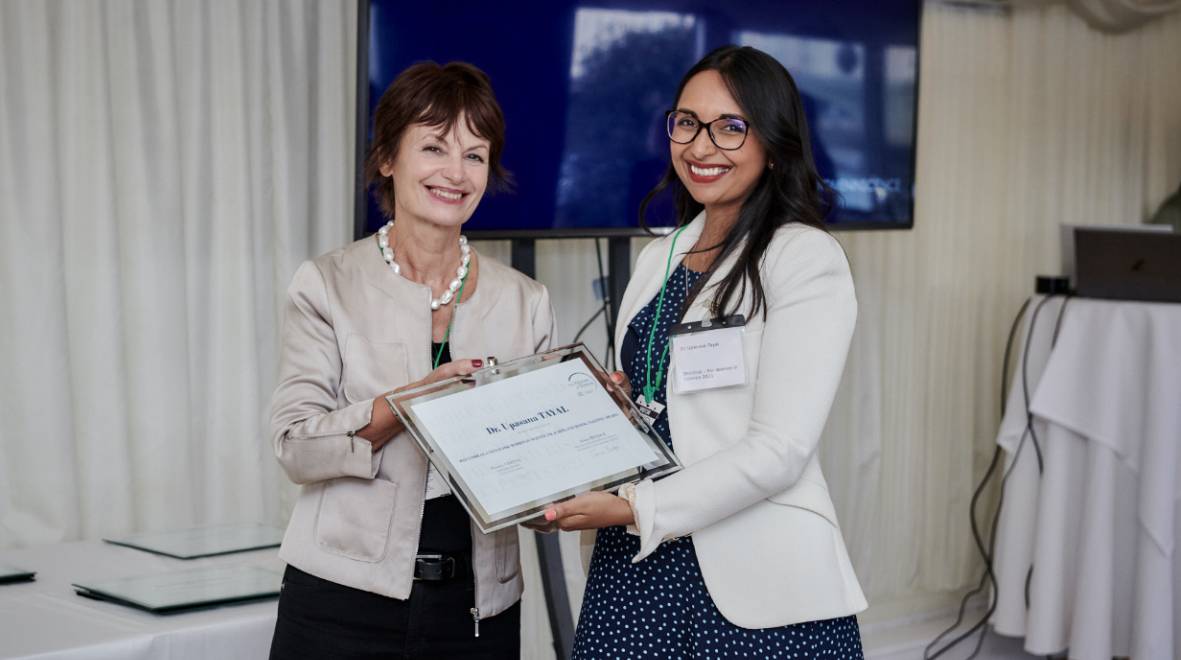
Matthew Harrison provides an insight into the world of human centred design, highlighting how involving users early in the design process can allow us to tap into their expertise and find creative solutions.
COVID has changed many aspects of life permanently. One change is the way we have and will interact with healthcare services. It has put the path to remote and smart care on an accelerated trajectory. Virtual consultations, at home diagnostics, and remote sensors, tablet computers and smart speakers are increasingly part of our lives. But the rush to technology in healthcare risks leaving the demographic who most need it behind. This is a prime example of where Human Centred Design (HCD) comes in. Design is about optimising the relationships between humans and technology, whether it is the clarity of a printed communication, the impact of a building on well-being, the confidence you feel from a new outfit, or the usability (and safety) of an Electronic Patient Record.









